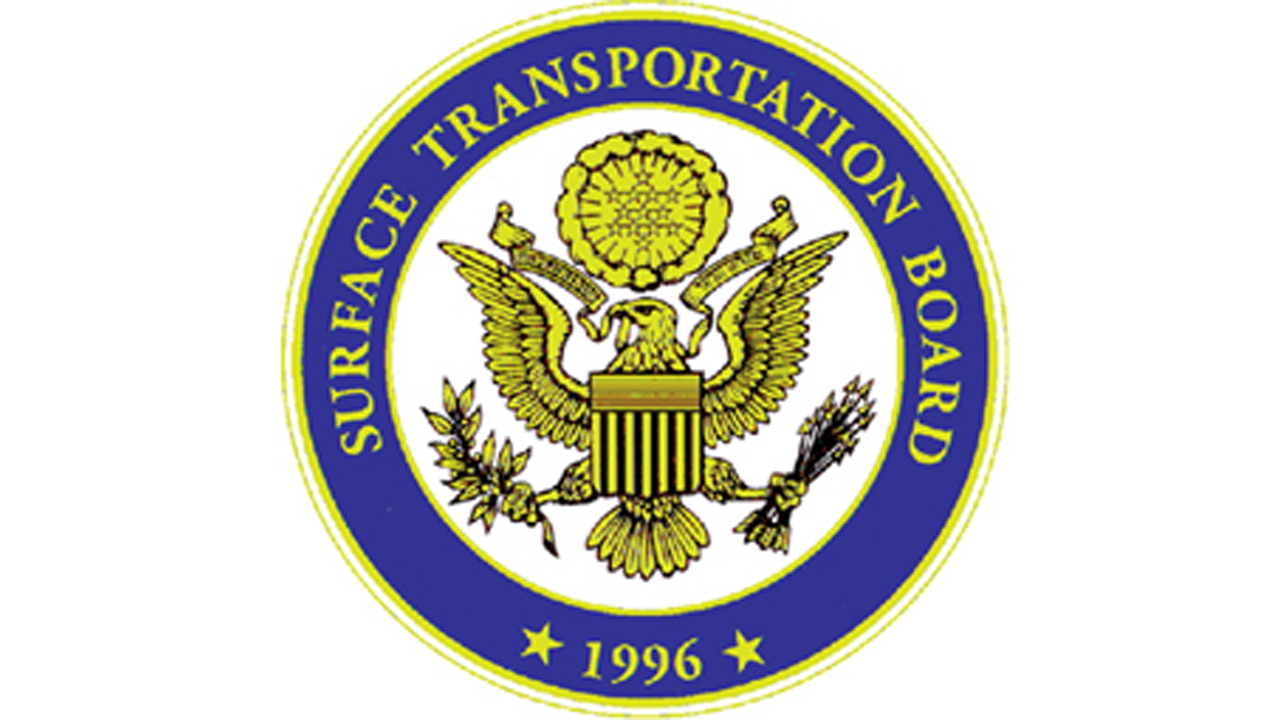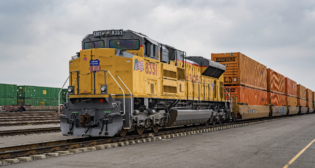
STB to Establish Passenger Rail Advisory Committee
Written by Carolina Worrell, Senior Editor
The Surface Transportation Board (STB) on Nov. 13 announced that it has determined it “necessary and in the public interest” to establish a Federal advisory committee on passenger rail service.
According to STB, the Passenger Rail Advisory Committee (PRAC) will provide advice and recommendations on a continuing basis to help the Board “fulfill its statutory responsibilities in overseeing certain aspects of passenger rail service.” In accordance with the Federal Advisory Committee Act (FACA), a charter of the newly created committee has been prepared and will be filed with STB’s congressional oversight committees at least 15 days following the date of publication of this notice, after which STB will issue a decision seeking nominations for individuals to serve on the PRAC.
The PRAC, which STB says “is essential to the conduct of agency business, as the Board’s responsibilities and duties relating to passenger rail have expanded and become more defined in recent years,” will provide a forum for STB and stakeholders to discuss passenger rail issues “in a manner that balances the interests of intercity and commuter rail passengers and operators, government entities, freight rail carriers and their customers, railway labor, and the general public.”
The PRAC, STB adds, which will function as a discretionary advisory body and will comply with the provisions of FACA and its implementing regulations, would provide STB with valuable insight to help it better carry out these responsibilities and duties.
According to STB, the scope of the PRAC’s activities will include providing information, advice, and recommendations to the Board on issues impacting the development and operation of railroad passenger services, including: improving efficiency on passenger rail routes; reducing disputes between passenger rail carriers and freight rail hosts regarding the use of freight rail carrier-owned facilities and infrastructure for passenger service, including passenger on-time performance issues; and improving regulatory processes related to intercity passenger rail to the benefit of the public, the communities served by passenger rail, and the environment.
STB says it is interested in engaging with passenger rail stakeholders, including Amtrak, other intercity passenger rail operators, commuter rail operators, states that fund passenger rail, freight railroads, passenger rail advocacy groups, and railway labor on these passenger rail-related issues.
The duties of the PRAC, STB says, are solely advisory and will entail only the submission of non-binding advice and recommendations to the Board. No determinations of fact or policy will be made by the PRAC, and the Committee will have no decision-making role or access to non-public Board information, including the Board’s decision-making process or other confidential information.
The PRAC will consist of approximately 18 voting members consisting of a balanced representation of individuals knowledgeable regarding passenger rail transportation, freight rail transportation, commuter rail operations, and transportation public policy. The voting membership will include no fewer than:
- Two representatives from Amtrak.
- Two representatives from commuter rail operators whose operations use facilities owned and/or utilized by (i) Amtrak, (ii) other intercity passenger rail operators, or (iii) rail freight operators (for purposes of ensuring geographic diversity within PRAC’s membership, these representatives cannot be from the same state as any of the state representatives described below and cannot be from the same state as each other).
- Two representatives from existing intercity passenger rail operators other than Amtrak, or developers of new intercity passenger rail lines other than Amtrak.
- One representative from a state that provides funding for intercity passenger rail (for purposes of ensuring geographic diversity within PRAC’s membership, this representative cannot be from the same state as any of the representatives of the commuter rail operators described above, or the representative from a state in which the intercity passenger rail stations are served only by long-distance trains described below).
- One representative from a state in which the intercity passenger rail stations are served only by long-distance trains, i.e., passenger trains serving the entirety of routes of more than 750 miles between endpoints (for purposes of ensuring geographic diversity within PRAC’s membership, this representative cannot be from the same state as any of the representatives of the commuter rail operators described above or the representative from the state that provides funding for intercity passenger rail described above).
- Two representatives from Class I freight railroads.
- One representative from a Class II or Class III freight railroad.
- One representative from an organized rail labor association.
- Two representatives from rail passenger advocacy organizations.
- One representative from a rail shipper or customer advocacy organization or an individual shipper or customer
- Three at-large representatives with relevant experience (including, but not limited to, individuals involved in the design or construction of passenger rail equipment or infrastructure, in the provision of passenger rail analytic or consulting services, in transportation planning, or in transportation-related public policy work).
According to STB, all voting members of the PRAC will serve on the Committee in a representative capacity on behalf of their respective industry or stakeholder group. The Members of the Board shall serve as ex officio (non-voting) members. The Chair of the Board may also invite representatives from the U.S. Department of Transportation (USDOT) to serve on the PRAC in an advisory capacity. These federal governmental representatives will serve as ex officio (non-voting) members.
The PRAC will meet at least twice a year, and meetings will be open to the public. More information about the PRAC is posted here.
“I am very pleased that the Board is taking this necessary step in creating the PRAC,” Chairman Martin J. Oberman said in a statement. “Once we are able to seek nominations and select members for the inaugural committee, the Board looks forward to working with the members to better understand the issues impacting passenger rail and hear their valuable insights. Based on the Board’s very positive experience with our other advisory committees, I fully expect the creation of this new passenger-oriented committee will prove equally valuable to the Board members.”



